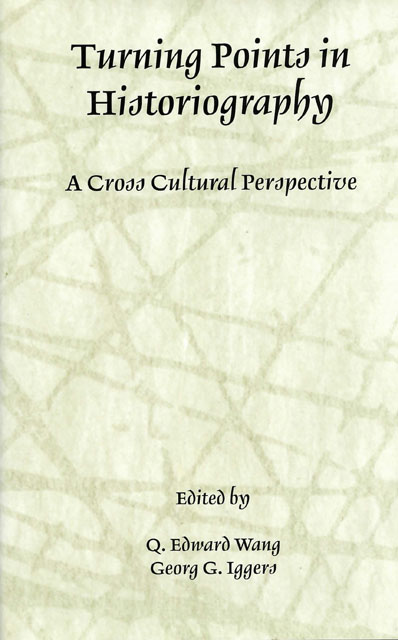Book contents
12 - The Subaltern School and the Ascendancy of Indian History
Published online by Cambridge University Press: 29 February 2024
Summary
I. Footnotes to a History
It is a rare moment indeed when a school of thought, whether in history or in any other discipline, from a formerly colonized nation that is still resoundingly a part of the Third World (whatever its pretensions to nuclear or great power status), receives in the Western academy the critical attention that has been bestowed upon the Subaltern School of historians, whose work revolves largely around the colonial period of Indian history. Historians might recall that even the American Historical Review, which is seldom a journal at the cutting edge of theory, or otherwise prone to the bacchanalia of postmodern excesses, devoted the greater part of the pages of one of its recent issues to Subaltern Studies and its rather wide impact across not only historical studies in the Anglo-American academy, but beyond as well. A Latin American Subaltern Studies Group, citing the inspirational work of the Indian historians, has declared its intent to install the subaltern at the center of Latin American studies, though it is revealing that their programmatic statement appears in a cultural studies journal. There is, in the warm reception given to Subaltern Studies in some circles in the Anglo-American world, more than just a whiff of avuncular affection: trained almost entirely in British universities, the core group of subaltern historians stand forth, or so it is sometimes fondly imagined, as living testimony to the continuing power of the ‘mother’ country to influence its peripheries.
However, if I may mix metaphors, the return of the prodigal son is not an unmixed blessing. A few years after the publication of the first volume of Subaltern Studies, the first rumblings of discontent about the ascendancy of subaltern history, which have since greatly increased, began to appear. Social historians, for instance, argued that in substance there was little to distinguish subaltern history, stripped of its veneer of post-structuralism and Gramscian thought, from “the history from below” associated with E. P. Thompson, Eric Hobsbawm, and many others belonging to the venerable tradition of British Marxist history.
- Type
- Chapter
- Information
- Turning Points in HistoriographyA Cross-Cultural Perspective, pp. 237 - 270Publisher: Boydell & BrewerPrint publication year: 2001

